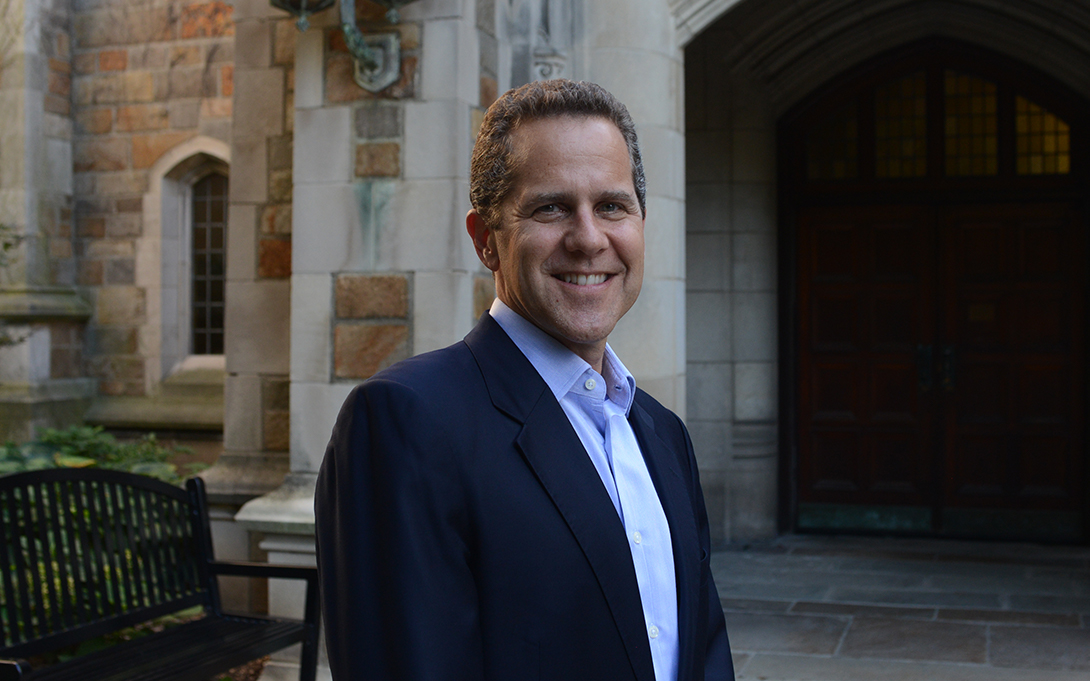
Hundreds of billions of dollars have been allocated to help small businesses and individuals in response to the COVID-19 financial crisis. Yet for low-income households and small businesses, accessing those funds has proved to be a challenge, according to Ford School Dean Michael Barr. In two commentaries, Barr argues that policy changes can help reach these underserved, under-banked communities.
More than 8 million households in the United States lack any savings or checking account, according to government data. And many banks approved by the Small Business Administration to process applications for the Paycheck Protection Program, or "PPP," only worked with businesses with which they had a previous relationship.
Barr writes in Crain’s Detroit Business, published April 22, 2020, that “the current structure spelled trouble for Detroit's minority-owned small businesses. On average, African American business owners are more likely than their white counterparts to have their credit applications rejected from large banks. As a result, African American-owned businesses are almost three times as likely to build relationships with community development financial institutions (CDFIs) — institutions which are not typically SBA small business lenders.”
The Detroit Neighborhood Entrepreneurs Project, part of the Center on Finance, Law & Policy at the Ford School, did not identify a single Detroit small business with between zero to five employees that was helped through the PPP program. “These businesses are often the lifeblood of their local community,” Barr says. Barr suggests the Treasury Department should use community development financial institutions to help small businesses apply and receive the emergency funding.
Individuals are finding similar barriers. For people without a bank, they will have to wait for checks to arrive in the mail, and then pay a check casher a fee to access the cash. In a commentary in The Hill, published April 21, 2020, Barr argues for better financial technology. He says, “We need to fix the payment system so that low-income households can get ready electronic access to their funds when they need them. They should not have to pay such expensive check cash fees or wait days for a check to clear at their bank. We have the technology to do this today, but we need the political will and regulatory structure to make that happen.”
He concludes, “These steps will not end the crisis or reboot the economy once we have a coherent strategy to ensure public health, but they will help decrease the enormous financial damage borne by our most vulnerable communities.”
Click to see the full commentaries in The Hill and Crain’s Detroit Business.
Michael S. Barr is the Joan and Sanford Weill Dean of the Gerald R. Ford School of Public Policy, the Frank Murphy Collegiate Professor of Public Policy, the Roy F. and Jean Humphrey Proffitt Professor of Law at the University of Michigan Law School, and the founder and Faculty Director of the University of Michigan's Center on Finance, Law, and Policy. He is also a nonresident senior fellow at the Center for American Progress. At the Law School, Barr taught Financial Regulation and International Finance, and co-founded the International Transactions Clinic and the Detroit Neighborhood Entrepreneurs Project.